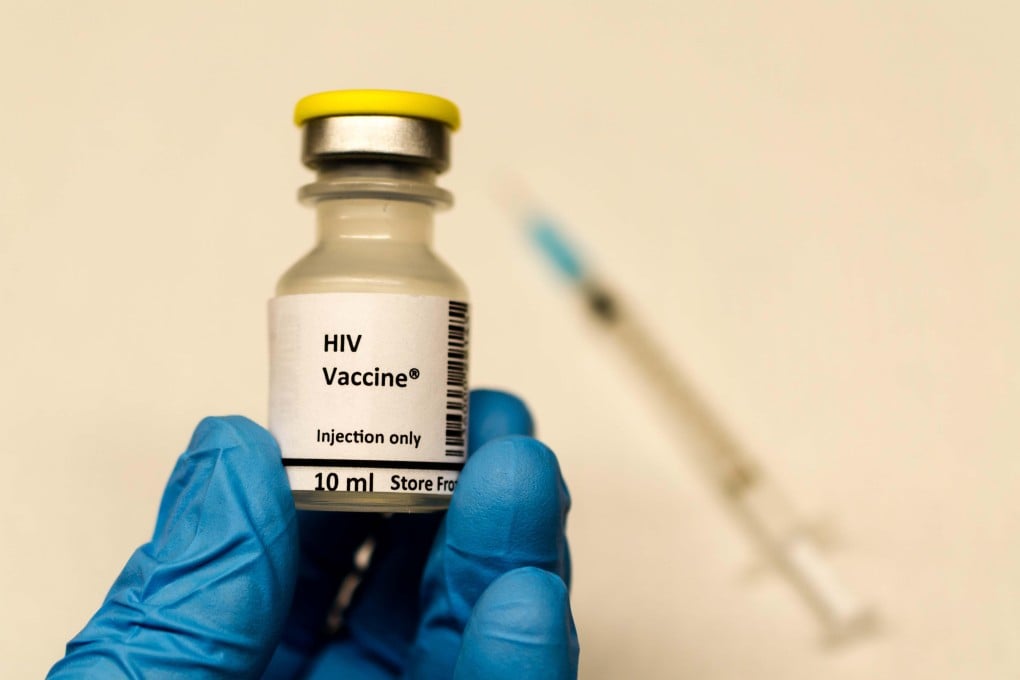Chinese clinic forced to reassure people HIV vaccine trials won’t give them the virus
- Scientists move to dispel fears among social media users after appealing for volunteers to take part in clinical trials

A Chinese clinic had to reassure the public that participation in an HIV vaccine trial would not result in volunteers contracting the virus.
Last Wednesday, the Chinese Centre for Disease Control and Prevention, an agency of China’s National Health Commission, issued an appeal for 160 HIV-negative volunteers to test the vaccine at clinics in Hangzhou and Beijing.
After the recruitment drive was reported by The Beijing News on Tuesday night, it became a trending topic on China’s microblogging site Weibo, gaining more than 100 million views.
But many people expressed fears that the trials would result in volunteers contracting the virus, with some asking why the scientists would not test the vaccine on themselves or even use convicted criminals as human guinea pigs.
On Monday, Wu Lihua, a doctor responsible for the project at the First Affiliated Hospital of Zhejiang University, where one set of the trials will be conducted, clarified what the tests actually involved and reassured people that volunteers would not develop HIV from the trial.